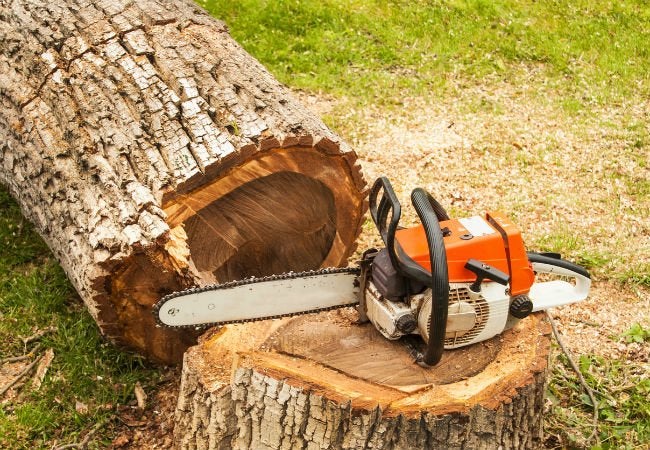Kano State Governor, Abba Kabir Yusuf, has called on citizens to stop cutting trees to mitigate the serious effects of climate change, which can pose significant health hazards to the general population.
Governor Yusuf highlighted his administration’s efforts to address climate change, noting that over two million trees were planted last year and an additional three million trees will be planted this year. This initiative is part of the state’s comprehensive strategy to combat climate change.
The state Commissioner for Environment, Alhaji Nasiru Sule Gari, made these assertions on behalf of the governor during the 2024 Green Grass Wall Day event in Kano. The event, themed “Fueling a Greener Future: Clean Cooking for Sustainable Development,” saw the planting of 400 trees on one acre of land at Jagunza Military Barrack, Kano.
“The administration of Governor Yusuf is ever ready to partner with people who are committed to planting trees,” Alhaji Gari stated. He urged the public to cease cutting down trees or engaging in illegal tree felling.

Governor Yusuf emphasized the availability of clean cooking technologies, such as stoves and other modern methods, as alternatives to using wood for cooking. “I want to use this opportunity to call on the people of the state to stop cutting trees for cooking or other purposes. There are many technologies available for clean cooking,” he said.
The governor also expressed his gratitude to the National Agency for Great Green Wall (NAGGW) and reiterated the state’s readiness to collaborate with any organization willing to support efforts in mitigating and adapting to climate change.
Promotion of Clean Cooking Methods
Speaking at the occasion, Dr. Yusuf Maina Bukar, Director General of NAGGW, highlighted the agency’s commitment to promoting clean cooking methods in line with President Bola Ahmed Tinubu’s Renewed Hope Agenda. This agenda includes the use of Compressed Natural Gas (CNG), Liquefied Petroleum Gas (LPG), and other clean cooking methods to address environmental degradation and the effects of climate change.
Dr. Bukar disclosed that NAGGW is distributing clean cooking stoves to stakeholders, community-based organizations (CBOs), civil society organizations (CSOs), and youth groups. “This initiative aims to provide environmentally friendly and efficient cooking solutions that reduce harmful emissions and promote better health outcomes,” he said.
NAGGW’s directors and field officers are actively reaching out to various communities to ensure the effective distribution of these stoves. By engaging directly with communities, the agency aims to provide immediate support and foster long-term partnerships for environmental sustainability.
Benefits of Clean Cooking Solutions
Clean cooking solutions significantly reduce air pollution, a major health hazard in many African communities. By adopting cleaner cooking methods, respiratory diseases can be prevented, health outcomes can be improved, and the quality of life for millions can be enhanced.
Traditional cooking methods often rely on wood and charcoal, leading to deforestation and increased carbon emissions. Clean cooking technologies, such as improved stoves and alternative fuels, help conserve forests and reduce greenhouse gas emissions, contributing to the fight against climate change.
The adoption of clean cooking solutions can also drive economic growth and create job opportunities. It reduces the time and effort spent on collecting firewood, allowing more time for education and income-generating activities, particularly for women and children.




